How can you harness inbound marketing for healthcare to achieve better patient outcomes and streamline your marketing efforts?
With a focus on SEO, quality content marketing, and robust social media strategies, this approach positions healthcare providers as trustworthy authorities on inbound strategy in a competitive digital landscape.
This article cuts through the noise to directly provide you with practical and effective inbound marketing tactics, tailored for the unique challenges and opportunities in your healthcare business.
Get ready to transform the way you connect with your patients – thoughtfully and effectively.
Key Takeaways
-
Inbound marketing for healthcare leverages SEO, social media, and informative content to attract patients and build trust, thereby enhancing patient engagement, trust, and website visibility.
-
A strong inbound marketing strategy starts with a compelling content strategy integrates various forms including educational resources, visual content, and blog posts centered around the ‘Big 5' topics (costs, problems, reviews, ‘best of' lists, comparisons) to resolve patient pain points and establish expertise.
-
Effective healthcare inbound marketing involves utilizing SEO to improve search rankings, leveraging social media for patient engagement, leverage patient testimonials, and using email marketing for patient retention, with an emphasis on personalization and automation.
Understanding Inbound Marketing for Healthcare
Inbound marketing employs tactics like:
to draw visitors to a healthcare provider's website. It fosters trust and credibility within the healthcare community by delivering meaningful and resonating content to both patients and healthcare professionals.
It also helps reduce anxiety and build trust in health systems, empowering patients in their healthcare choices through discussions surrounding patient problems and candid reviews referring physicians.
What is healthcare inbound marketing?
Inbound marketing for healthcare involves the production of various forms of content such as blog articles, ebooks, and videos intended to answer questions from healthcare consumer and draw website visitors back to the site. This unique healthcare marketing approach focuses on creating compelling content, such as pain assessment forms, educational videos, and free resources, to attract potential patients.
Moreover, an effective inbound marketing strategy utilizes professional blogs, landing pages, videos, PDF's, downloadable lead magnets and social networks such as LinkedIn to disseminate detailed content and foster connections with healthcare industry continues, medical professionals, and potential patients and new patients.
Why is inbound marketing important for healthcare?
In the healthcare sector, inbound marketing is vital because it bolsters visibility with prospective healthcare consumers potential customers, amplifies the patient experience and engagement switch healthcare providers, and builds trust with the audience.
This approach customer relationship management allows healthcare entities to attract more visitors to their websites and establish a reputation management credibility, which is crucial in converting prospects into leads satisfied patients and customers.
Moreover, adopting a targeted and data-driven inbound marketing strategy maximizes the impact of marketing efforts by ensuring that the right audience is reached, and resources are utilized efficiently in digital marketing campaigns.
Content Creation: The Heart of Inbound Marketing

At the core of any inbound marketing strategy in the healthcare marketing space is content creation. This tactic revolves around creating valuable content that addresses the target audience's needs and resolves their pain points without being intrusive.
A robust content marketing strategy also includes market research to understand customer inquiries, using insights gained to inform and create content such as blog articles online reviews, infographics, white papers, and videos.
Concentrating on the ‘Big 5' topics enables healthcare companies to effectively lure in traffic and create qualified leads with pertinent and engaging content.
These topics include:
-
Costs
-
Problems
-
Reviews
-
‘Best of' lists
-
Comparisons
Blogging

Blogging plays a significant role in the world of healthcare marketing. It has the potential to attract substantial traffic and establish an organization as a leading expert, contributing to increased patient volume. Patient-focused blog posts responding to common health concerns and queries can showcase expertise and develop long-lasting relationships with patients throughout their healthcare journey.
In an internet landscape where accurate and authoritative medical information is often in short supply, healthcare marketing professionals can fill this gap through blogging.
Furthermore, niche-focused healthcare blogging can establish an organization as a thought leader switch healthcare consumers and healthcare providers much more quickly by covering specific, less addressed topics in healthcare practice.
Educational resources
In the digital age, comprehensible, appealing, timely outreach pertinent, and actionable educational and healthcare marketing professionals and materials can significantly further healthcare marketing important boost patient engagement in healthcare journey. Healthcare corporations, by providing such resources, are responding to the increasing trend of both prospective patients and healthcare consumers striving to educate themselves online about health options.
In fact, effective patient education strategic outreach is a strategic advantage in healthcare marketing, as it aligns with the contemporary trend of informed patients engaged and proactive patients.
Visual content
Visual content, including videos that introduce various healthcare practices, facility environments and staff, makes medical and healthcare practices seem more relatable and trustworthy to patients, enhancing their likelihood of choice and retention. Educational videos, educational blogs and infographics are powerful tools in presenting complex healthcare data and concepts in a more digestible and understandable form, thereby serving as an effective educational tool for patients.
The inclusion of images and videos in content enhances its visual appeal and eases consumption on mobile devices, thus driving user interaction and engagement.
Search Engine Optimization for Healthcare

Within a healthcare marketing strategy, Search Engine Optimization (SEO) is a key tactic that propels medical practices or hospital networks to the top of search engine results through the use of optimal keywords and phrases.
Optimizing healthcare website design for responsiveness leads to better user experience and increased search engine rankings, while naturally incorporating relevant healthcare keywords into content is essential for visibility.
Backlinks act as indicators of credibility to search engines, enhancing a healthcare website's online visibility; acquiring quality backlinks from reputable sources is a significant part of an SEO strategy.
Keyword research
Keywords hold a crucial role in elevating the visibility consistent branding of healthcare businesses and providers in the digital landscape.
Some popular keyword research tools for your healthcare business and websites include:
-
KWFinder
-
AnswerThePublic
-
SEMrush
-
Ahrefs
-
Moz Pro
These tools offer different features that aid healthcare websites in finding relevant keywords, using clinical data, analyzing competitor data, and improving their SEO strategy.
Regular keyword audits are necessary to:
-
Adjust to medical advancements and trends
-
Incorporate conversational keywords and question-based queries to cater to voice search
-
Keyword clustering to enhance site structure.
On-page optimization
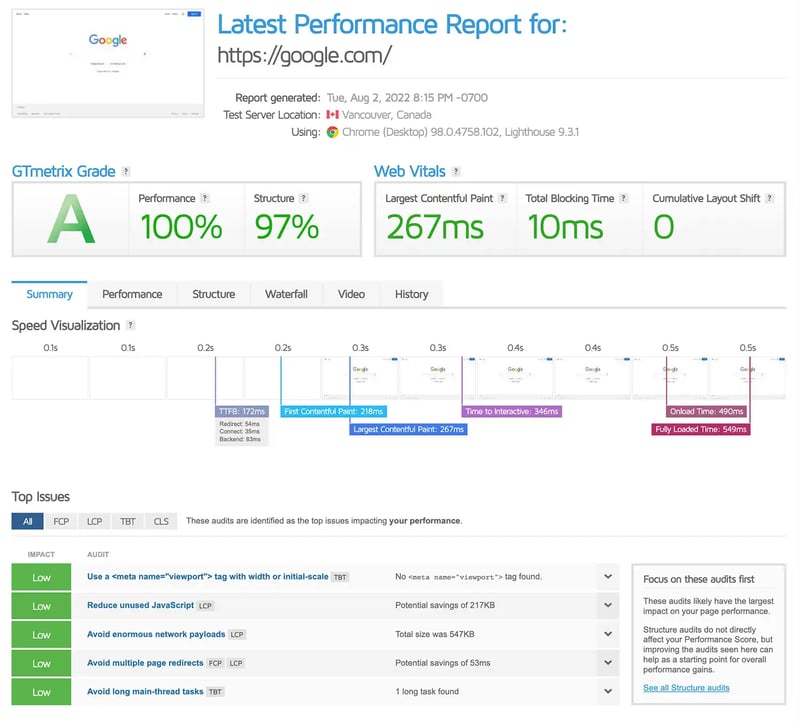
On-page optimization makes use of key HTML elements like title tags, meta descriptions, and heading tags (H1, H2, H3) to enhance both the technical and visual structure of content, thus increasing its accessibility to search engines and users.
Incorporating main keywords in the title tag and H1 tag, with secondary keywords in subsequent headings, helps search engines understand the content hierarchy and improves SEO.
Optimizing key webpages of a healthcare provider or website, such as the homepage and services pages, with strategic and organic keyword integration ensures these main entry points are effectively designed for visibility in search engine rankings.
Link building
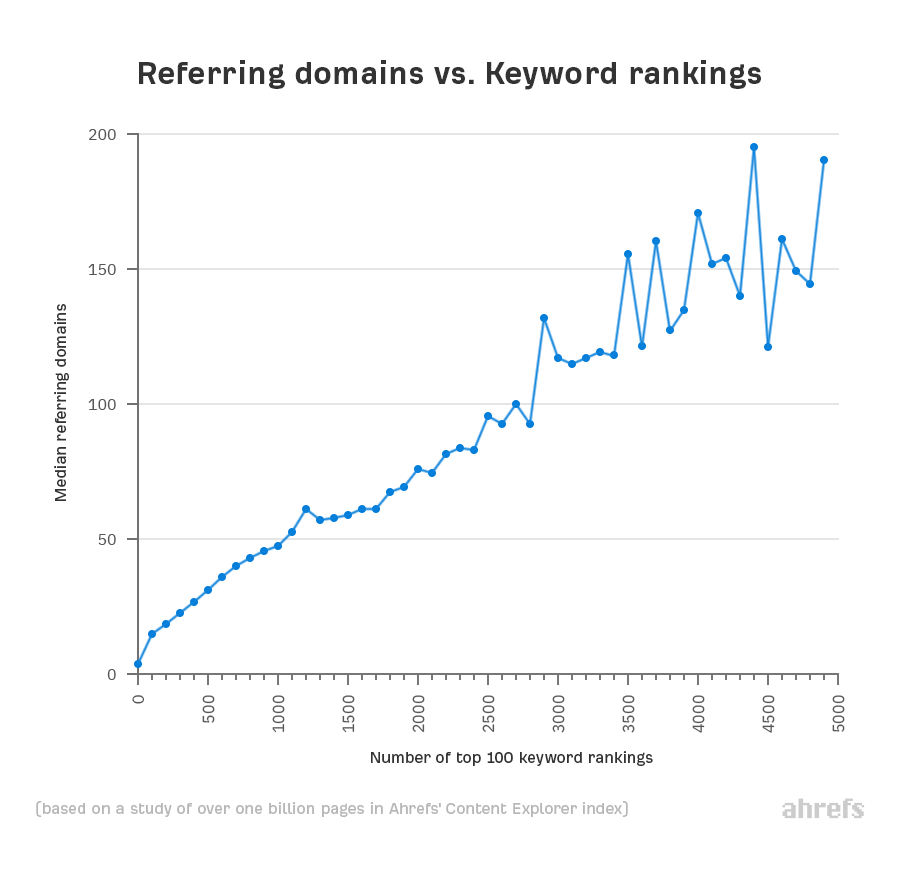
Link building can be a potent healthcare SEO strategy used by healthcare marketers to enhance a healthcare website's online visibility and authority.
Here are some effective link building strategies for healthcare websites:
-
Guest blogging on related industry blogs with backlinks to the author's website can boost domain authority and online presence.
-
Acquiring backlinks from well-known healthcare industry websites can enhance website authority and search engine ranking positions.
-
Acquiring backlinks from .edu domains can also enhance website authority and search engine ranking positions.
Addressing unlinked brand mentions by requesting those links can improve credibility and trustworthiness, thus enhancing SEO.
Social Media Marketing for Healthcare
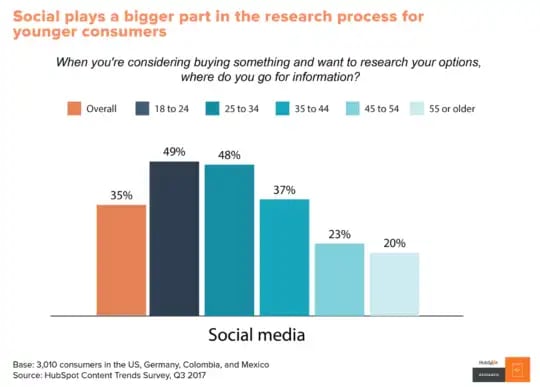
Social media provides an excellent opportunity for a healthcare organization to build trust with prospective and current patients, by displaying the healthcare organization's philosophy and care approach.
Developing a strong organic social presence allows healthcare organizations to engage with new potential patients, answer questions and build trust, and share relevant content.
healthcare marketing Platforms such as Facebook and Instagram are effective tools for engaging new patients, with patients and maintaining a robust online presence.
Choosing the right platforms
Selecting appropriate technology platforms for healthcare community drive to utilize social media engagement and healthcare marketing important and can greatly affect patient decisions.
Facebook, with over 1.39 billion monthly active users, is a prime social ecosystem and platform for a healthcare organization or marketing strategy, significantly influencing the decisions of patients with 41% reporting that social media affected their choice of healthcare provider.
Creating engaging content
Producing captivating video content for on social media can:
-
Foster connections with followers
-
Promote sharing
-
Engage audiences on active platforms with shareable visual content and social sharing buttons
-
Motivate and connect with followers through inspirational content like patient success stories and staff celebrations.
Behind-the-scenes content and sharing authentic patient testimonials on social media can humanize healthcare organizations and showcase their positive impact.
Healthcare Providers Building and nurturing online communities
Cultivating and fostering online communities considerably boosts a healthcare organization's reputation. By creating social media content that not only connects audiences with resources but also serves the community, healthcare organizations enhance their reputation and get in-front of broader healthcare consumers segments.
Fostering more personal connections educating patients on social media platforms like Facebook and engaging with patients can make them feel more valued.
Healthcare organizations can employ social listening to monitor healthcare consumer, patient loyalty and better comprehend public sentiment about their healthcare services private practices, health systems, medical services and offerings within health systems.
Healthcare Providers Building and nurturing online communities
Cultivating and fostering online communities considerably boosts a healthcare organization's reputation. By creating social media content that not only connects audiences with resources but also serves the community, healthcare organizations enhance their reputation and get in-front of broader healthcare consumers segments.
Fostering more personal connections educating patients on social media platforms like Facebook and engaging with patients can make them feel more valued.
Healthcare organizations can employ social listening to monitor healthcare consumer, patient loyalty and better comprehend public sentiment about their healthcare services private practices, health systems, medical services and offerings within health systems.
Email Marketing for Patient Retention
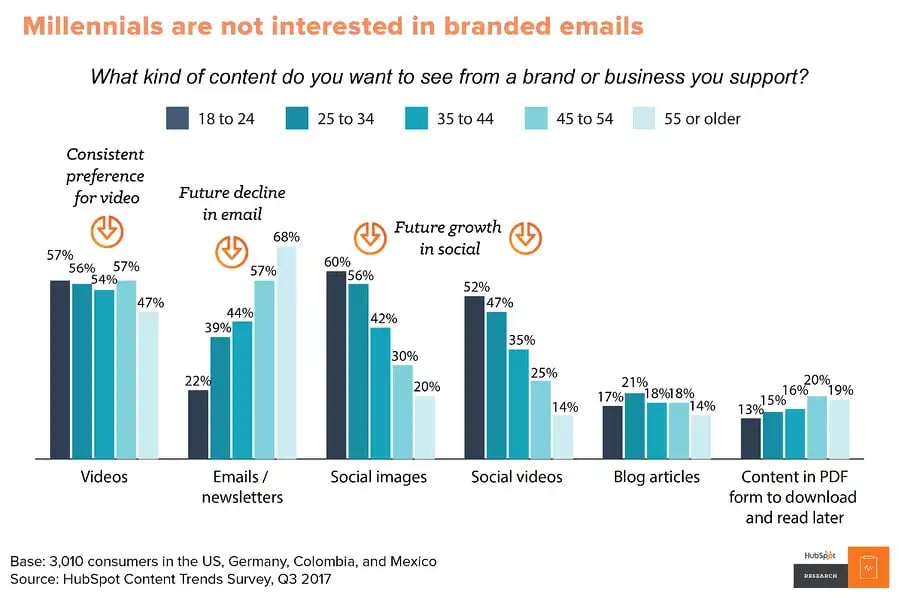
Within the scope of inbound, healthcare marketing strategies, email marketing stands as a potent and valuable instrument for healthcare marketers for attracting and retaining patients.
Effective, healthcare marketers using email inbound marketing plan should focus on:
Strategies like new patient funnels, remarketing to existing and prospective patients, and sharing valuable health information can help cultivate an email list for effective healthcare marketing strategy.
Implementing these healthcare marketing strategies effectively can lead to increased patient engagement and more patient satisfaction swap healthcare providers, which is the ultimate goal of a successful and effective healthcare marketing strategy anyway.
Personalization
Personalized healthcare emails enhance the patient experience, engagement and satisfaction, target specific patient populations, and promote interest in personal health, leading to better adherence to treatment plans.
Utilizing personalization in email marketing campaigns serves as a cost-efficient method that saves time, reduces the need for print material and calls, and ultimately increases revenue through improved patient retention and acquisition.
Automation
Automation tools like email flows aid in communicating with patients by providing timely content, while allowing healthcare professionals to focus on their medical practice instead of manual follow-up tasks.
CRM platforms in marketing automation help accumulate valuable patient information, such as demographics and behaviors, contributing to more personalized patient care and engagement.
Measuring success
Measuring success in email marketing involves evaluating performance metrics like:
-
Open rates
-
Click-through rates
-
Bounced email rates
-
Unsubscribe rates
These metrics can help you optimize future communications and address any issues with deliverability, email addresses, content, or frequency video marketing either.
Tracking and Analyzing Healthcare Professionals Results
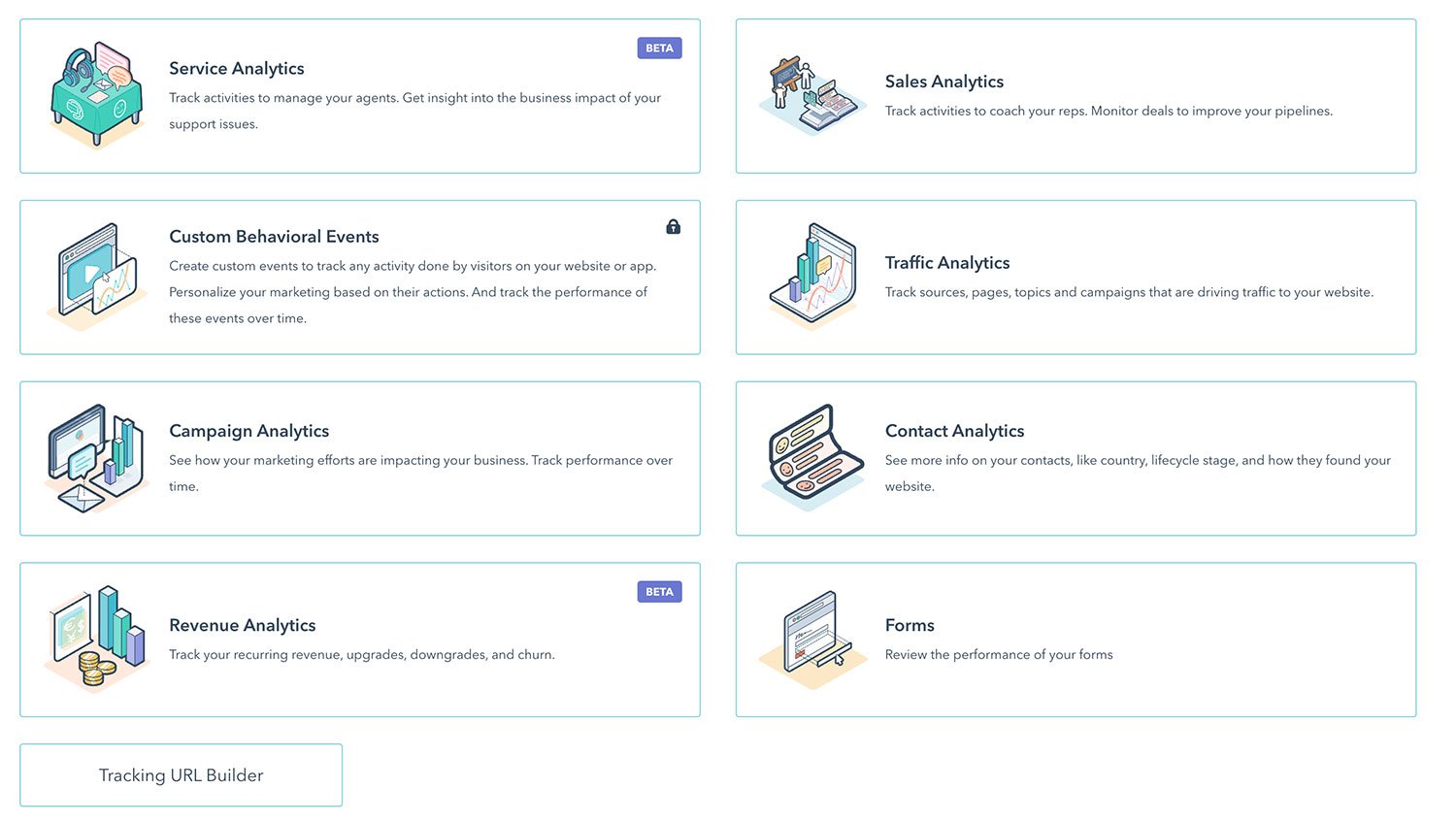
Embracing data-driven growth strategies, such as maximizing healthcare advertising for ROI and utilizing end-to-end, marketing automation and measurement, is pivotal for optimizing healthcare marketing expenses.
Metrics and ROI guide adjustments in your healthcare marketing strategies, budgets and focus areas, enhancing healthcare marketing strategies through calculated decisions.
Key performance indicators (KPIs)
Establishing a solid marketing analytics team is crucial for healthcare organizations to effectively manage, measure, and act upon KPIs.
Analytics tools
Free tools like Google Analytics and Google Search Console provide valuable insights into website traffic, keyword rankings paid search back, and website errors, which are critical for assessing the efficacy of SEO strategies in healthcare marketing.
Marketing analytics can be significantly automated, allowing healthcare providers and healthcare marketers to effortlessly track their inbound program, and performance and focus on improving their inbound marketing strategies.
Continuous improvement
Social listening is crucial for comprehending and responding to audience needs, thus facilitating data-driven improvements of inbound marketing strategies.
Healthcare organizations can employ social listening to monitor and better comprehend public sentiment about existing patients seek their medical services, and the same service offerings attract healthcare consumers.
Takeaways on Healthcare Inbound Marketing Strategies
In summary, mastering inbound marketing strategies in the healthcare sector is crucial in the digital age. From understanding the importance of inbound marketing for healthcare, and creating engaging content to leveraging SEO, social media, and email for inbound marketing efforts, healthcare organizations can attract and retain patients effectively.
By measuring success, tracking positive patient experience only, and analyzing results of online reviews, these organizations can continuously improve their marketing for healthcare strategies to maintain a top reputation management a consistent branding robust online presence, build trust with prospective patients, and offer valuable, patient-oriented content.
Frequently Asked Questions
How does the healthcare industry use marketing?
The healthcare industry uses digital marketing tactics to strategically reach and engage healthcare consumers throughout their healthcare journey. This helps healthcare businesses attract and retain existing and potential customers from within the health system.
What is the inbound marketing technique?
(Inbound marketing strategy is a top marketing strategy that focuses on attracting customers through relevant and valuable content, and tailored experiences, rather than relying solely on advertisements. By providing useful and relevant content, businesses can attract loyal customers and drive customer engagement.
What is target marketing for a healthcare facility?
Target marketing for a whole healthcare services facility involves breaking down the whole healthcare services market into distinct segments to address the needs and desires of various customer groups more accurately and appropriately. By using traditional marketing strategies like audience research and segmentation, healthcare facilities can better reach their ideal clients or potential patients.
What are the 4 P's of healthcare marketing?
The 4 P's of best healthcare marketing strategy are Price, Placement, Product, and Promotion, which are essential for developing an effective best healthcare marketing strategy..
Why is content creation important in inbound marketing for healthcare?
Content creation is crucial in inbound marketing for healthcare because it allows you to address the needs and pain points of your target audience through various forms of informative and content marketing.


